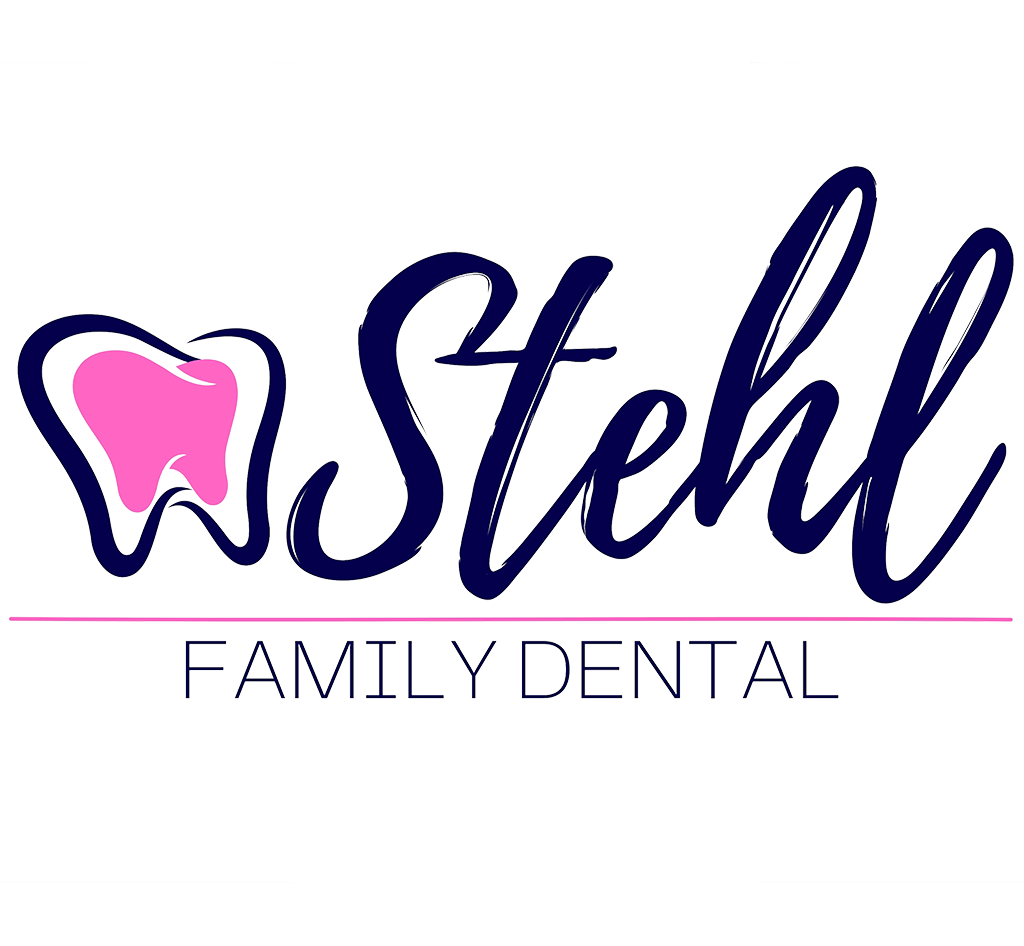Your oral health is more than just having a bright smile and pearly whites. It’s about the overall wellness of your mouth, and that includes the often-overlooked gums. The two main types of gum disease, gingivitis and periodontitis, are prevalent issues that affect countless individuals.
Whether you’re in Lees Summit, MO, or anywhere else, understanding the early signs of this disease and how to treat it can help you maintain healthy gums and overall oral health.
Understanding the Different Types of Gum Disease
Your gums are a crucial barrier to protect your body from harmful bacteria that can enter the bloodstream through inflamed gums. This makes maintaining gum health essential for your overall well-being. There are two primary types of gum disease:
- Gingivitis: Characterized by inflamed and irritated gums, it does not involve the loss of bone and tissue that is seen in periodontitis. Gingivitis is reversible with proper treatment and improved oral hygiene practices.
- Periodontitis: Periodontitis is more advanced than Gingivitis, where the supporting structures of the teeth, including bone and connective tissues, are affected. This stage can lead to tooth mobility and tooth loss.
Recognizing the Early Warning Signs
Early detection is key to effective treatment. Here are seven early signs to watch out for:
1. Red, Swollen, and Tender Gums
Healthy gums should be pale pink and firm. However, if you notice that your gums appear red, swollen, or tender, it could indicate the presence of gum disease. These changes are often the result of inflammation caused by bacterial infection.
2. Bleeding Gums
Bleeding while brushing or flossing is a common early sign of disease. This bleeding, known as gingival bleeding, is a response to irritation caused by the accumulation of plaque and bacteria along the gumline. Ignoring this symptom may lead to further complications.
3. Persistent Bad Breath or Bad Taste
Chronic bad breath, also known as halitosis, or an unpleasant taste in your mouth could indicate gum disease. The foul odor is often attributed to the release of toxins by bacteria present in the oral cavity.
4. Receding Gums and Longer-Looking Teeth
Gums that appear to be pulling away from the teeth, exposing more of the tooth’s surface, can be a sign of gum recession. This may result in increased tooth sensitivity and vulnerability to decay. Early intervention is essential to prevent further recession.
5. Formation of Pockets Between Teeth and Gums
The formation of deep pockets between the teeth and gums is a sign of advanced gum disease. These pockets are spaces where bacteria accumulate, leading to further inflammation and potential damage to the supporting structures.
6. Changes in Tooth Alignment or Looseness
Noticeable changes in tooth alignment or teeth becoming loose can be a result of diseased gums affecting the supporting structures. As the disease progresses, it can compromise the stability of teeth, leading to shifts in their position.
7. Painful Chewing
As inflammation and infection spread, it can affect the surrounding tissues, causing pain during activities such as chewing. It is important to visit a dental professional to address the underlying gum issues and alleviate pain.
How to Treat Gum Disease
Early detection of gum disease is crucial. Treatment options may include:
1. Professional Dental Cleaning (Scaling and Root Planing): This procedure involves deep cleaning to remove plaque and tartar from below the gum line.
2. Medications and Antibiotics: These are used to control infection and inflammation.
3. Gum Surgery: In severe cases, surgical interventions may be necessary.
Proactive Strategies: Tips for Preventing Gum Disease
Preventing issues with your gums before they occur is the best approach. Here are some tips:
- Regular dental check-ups and cleanings
- Daily brushing and flossing
- A balanced diet
- Avoiding tobacco products
Trust Stehl Family Dental for Your Gum Health
If you’re in Lees Summit, MO, and are looking for guidance on maintaining your oral health, including addressing various types of gum disease, don’t hesitate to contact Stehl Family Dental. Our experienced team is dedicated to providing exceptional care, from early detection to effective treatment and preventive measures. Your healthy smile is our priority.

